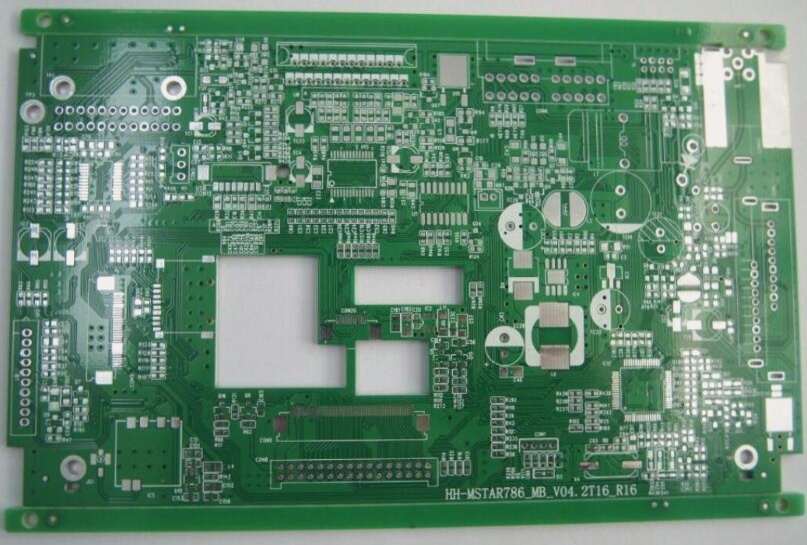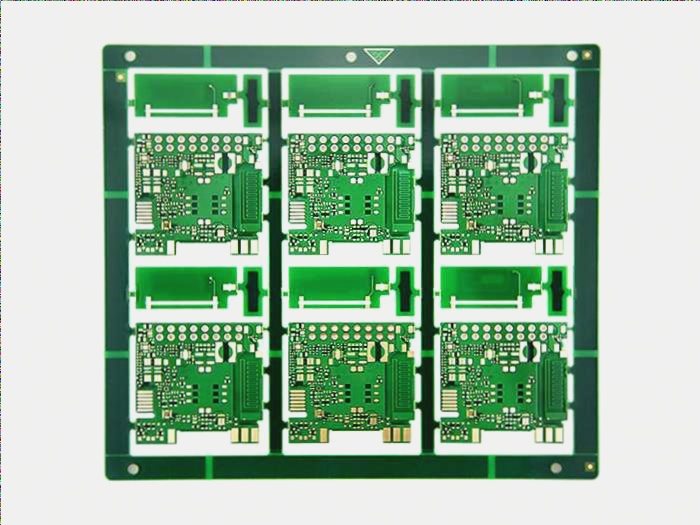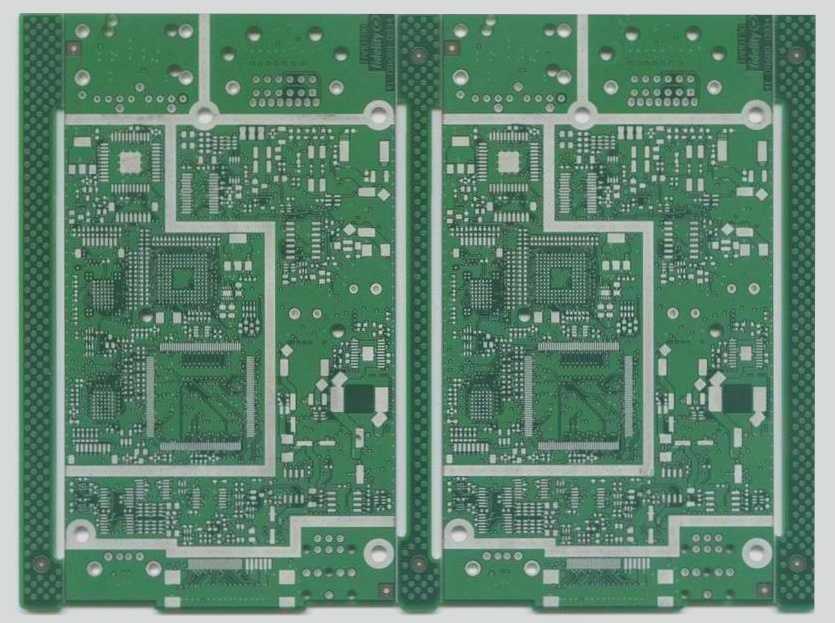HASL – Hot Air Solder Leveling Process for PCB
HASL technology, while established, faces challenges in achieving consistent quality due to its operation in high-temperature, high-pressure environments. This paper discusses strategies to improve process control in HASL, focusing on flux selection, process parameter control, and achieving uniform solder coatings essential for PCB manufacturing.




